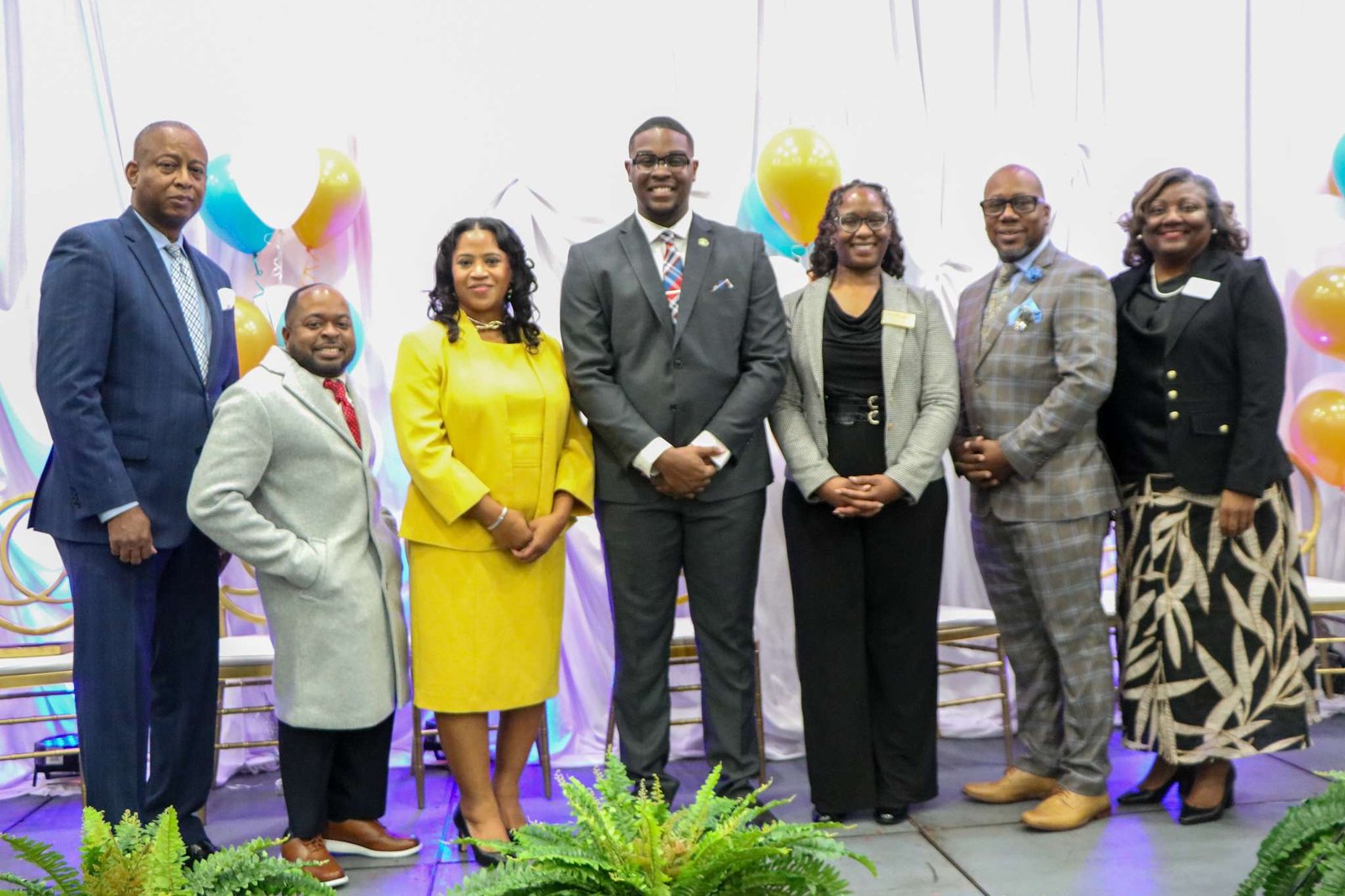
By Milton Kirby | Decatur, GA | February 4, 2025
Carter Godwin Woodson, known as the “Father of Black History,” was a pioneering historian, author, journalist, and educator who dedicated his life to documenting and promoting African American history. Born on December 19, 1875, in New Canton, Virginia, Woodson’s work laid the foundation for studying and recognizing Black history in the United States.
A Scholar and Educator
Woodson’s academic career was characterized by tenacity and excellence. He attended Lincoln University in Pennsylvania and Berea College in Kentucky before earning his doctorate from Harvard University, becoming the second African American to do so after W.E.B. Du Bois. He later served as the Dean of the School of Arts and Sciences at Howard University, where he emphasized the value of Black scholarship. Woodson taught in both public and collegiate settings, trained researchers and staff members, and authored numerous books and articles on Black history. From 1919 to 1920, he also served as the Dean of the School of Liberal Arts and Head of the Graduate Faculty at Howard University.

Founding the Study of Black History
In 1915, Woodson founded the Association for the Study of African American Life and History (ASALH) to promote research and education on Black heritage. He also established the Associated Publishers, a company dedicated to publishing works by and about African Americans. From his home in Washington, D.C.’s Shaw neighborhood, he led ASALH’s initiatives and wrote extensively on Black history, including managing The Journal of Negro History (now The Journal of African American History).
Woodson’s efforts to establish African American history as an essential part of the larger American narrative extended beyond his organizations and publications. His work inspired educators nationwide to incorporate Black history into their curricula, and many sought his advice and resources for classroom use.
The Birth of Black History Month
In 1926, Woodson launched Negro History Week to highlight the contributions of Black Americans. He selected the second week of February to coincide with the birthdays of Frederick Douglass (February 14) and Abraham Lincoln (February 12). Over time, this observance gained nationwide recognition and expanded into Black History Month, which was officially designated by the U.S. government in 1976. President Gerald Ford urged Americans to “seize the opportunity to honor the too-often neglected accomplishments of Black Americans.”
A Lasting Legacy
Woodson spent the last 28 years of his life in his Washington, D.C., home, where he continued his research and advocacy until his passing on April 3, 1950, at the age of 74. Recognizing his immense contributions, President Barack Obama designated the Carter G. Woodson Home as a National Historic Site in 2016. Located at 1538 Ninth Street NW, this site is preserved by the National Park Service as a testament to his legacy.
The Importance of the Carter G. Woodson Home
Woodson’s historic home functioned as the headquarters for ASALH and played a crucial role in advancing Black history education. From this location, he:
- Researched and wrote groundbreaking works on African American history
- Managed The Journal of Negro History
- Planned the first Negro History Week, which later evolved into Black History Month
- Led efforts to promote Black scholarship and education
The Ongoing Celebration of Black History
Today, Black History Month is celebrated in the United States and Canada (February), the United Kingdom (October), and other countries. Each year, ASALH selects a theme for the month, and the 2025 theme, “African Americans and Labor,” highlights Black workers’ contributions to labor movements and industries. Schools, institutions, and organizations continue to honor Woodson’s vision by integrating Black history into their curricula and programs year-round.
Recognizing Woodson’s Impact
Woodson’s dedication to preserving and teaching Black history ensured that African Americans’ achievements would no longer be overlooked. His legacy lives on through the work of ASALH, the continued observance of Black History Month, and the recognition of African American contributions across multiple sectors. Thanks to his efforts, the study of Black history has become an essential part of American education and culture.
As we celebrate Black History Month, we honor Carter G. Woodson’s vision and commitment to historical truth, education, and cultural preservation. His pioneering work remains a cornerstone of African American history and a testament to the power of knowledge in shaping a more inclusive society.
Mentoring and Training
Woodson was a mentor to many up-and-coming historians and scholars, including Alrutheus A. Taylor, Charles H. Wesley, Luther Porter Jackson, Lorenzo Johnston Greene, Rayford W. Logan, Lawrence D. Reddick, and John Hope Franklin. The association’s headquarters—Woodson’s home—served as a training center where these scholars refined their research skills and, in turn, mentored succeeding generations of African American historians. Woodson and ASALH also cultivated important relationships with Black churches, colleges, universities, schools, and community centers nationwide.
Carter G. Woodson Home NHS Temporarily Closed
The Carter G. Woodson Home National Historic Site is currently temporarily closed due to renovation. Please visit the National Park Service website for updates on its reopening.







